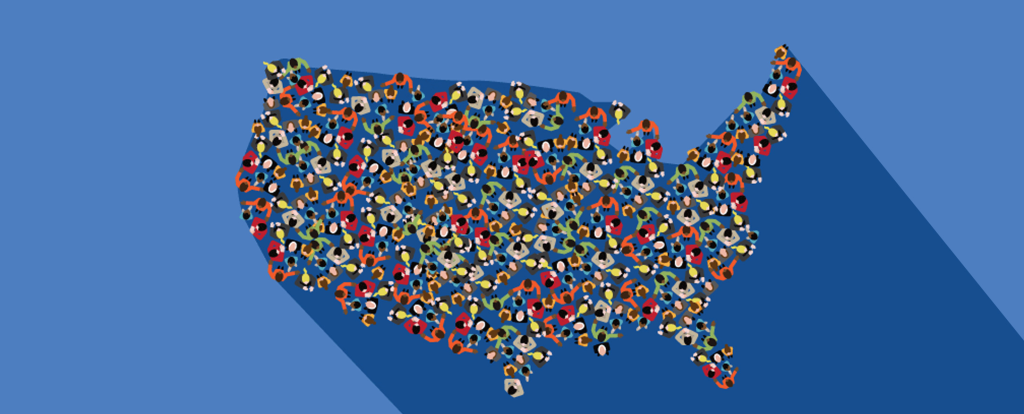If we don’t get ED&I right, we can’t get research right

As many of the regular readers of Significant Insights will understand, one of the difficult things about being an advocate, ally or champion of ED&I is that you are never done. Granted, there have been improvements over the years. But who would have thought that we would be where we are today, seeing some of those gains being rolled back. So, whilst it would be great to be able to sit back and say, “yes, we did it. We all helped to fight for equity and inclusion for all minoritised groups and we got there”, it’s just not like that yet. We have to keep on rolling up our sleeves and stepping into the fray.
And in the market research and insights sector we have a particular responsibility. Our work is about helping our clients understand people – customers, consumers, individuals, households, businesspeople, patients, service users, young people, old people…the whole diversity of people. So, we need to look at all the research we do through the lens of ED&I. If we say we are offering a representative sample of respondents, how do we know it is truly representative? And what are we prepared to do to make sure that it is? Ask yourself who is not being heard, and set out to remedy that. Truly representative sample can have extra costs involved – so we need to make the case with stakeholders that the research will be of higher quality and lead to better informed decisions.
Check out the MRS representative research initiative here.
But it’s about more than just sample. We need to think about the questions we ask – getting inclusive wording in asking about gender for example, and then making that work in different countries around the world. We need to think about the constraints that might prevent people from taking part in surveys and qualitative work; more than just around timing and access, we need to think more broadly about why people might not be included, such as lack of trust or lack of confidence. And then we need to think about our analysis, and how we recognise and manage our own biases and assumptions. Not easy to do, but essential to try.
It is well documented that people in market research, marketing and advertising are not representative of the wider population, which means that we are in a bubble. The more diverse our own businesses, the more able we will be to apply an ED&I lens to all our research. If we regularly work with people from diverse backgrounds and cultures, not only will there be more perspectives in the room when the work gets done but we’ll also be regularly reminded that our own world view is not the only one that exists. And it’s not enough to make sure our companies are diverse, they need to be inclusive and equitable too, so they are great places for everyone to work.
Despite what you might be hearing about the demise of ED&I, we’re going to keep writing and talking and posting about these issues and we’re going to keep learning and striving. Because we are never done.